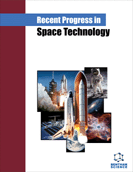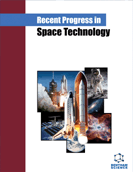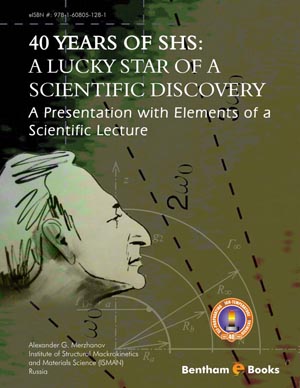Abstract
The utilisation of bio-based materials in constructing an advanced wound
dressing for regenerative medicine is not new. Due to the fundamental principle of
tissue engineering in regenerative medicine, bio-based wound dressing formulated
from by-products or animal or plant wastes could contribute significantly to healing
processes. Bio-based materials help to regenerate and replace damaged tissues and
shorten the recovery period without frequent dressing changes. The bio-based dressing
development begins with a small-scale benchwork that focuses on modifying and
treating the bio-based material before it is clinically applied for wound treatment
procedures. The modified bio-based materials then turn into functional wound dressing
in various forms such as hydrogel, membrane, sponges, film, or fibres. The dressing’s
therapeutic healing properties can be enhanced by subjecting it to physical, chemical,
and biological treatments. The dressing principle must abide by tissue engineering
needs and offer a broader range of alternatives that can clinically treat different types of
wounds based on different etiology. Therefore, this book chapter highlights the
advantages of a bio-based material and its modification for wound dressing for tissue
engineering purposes in regenerative medicine.


















